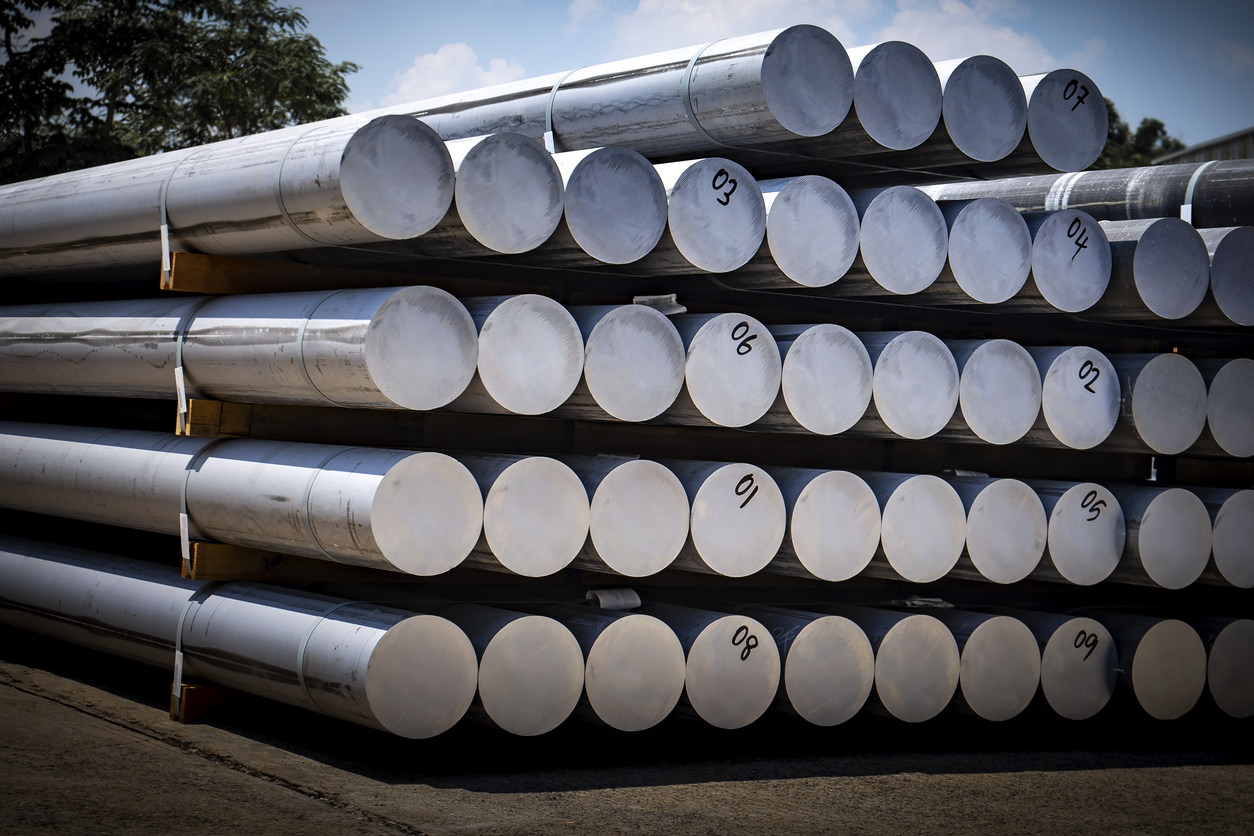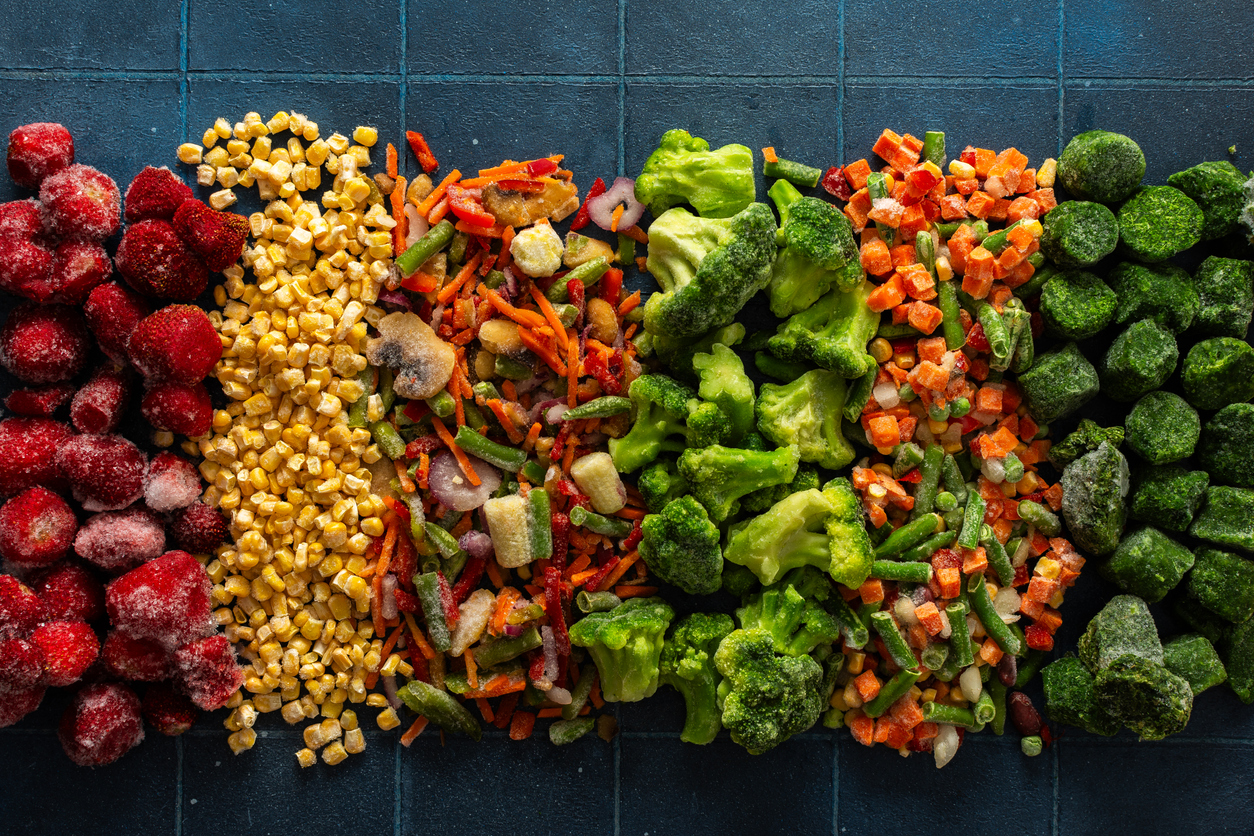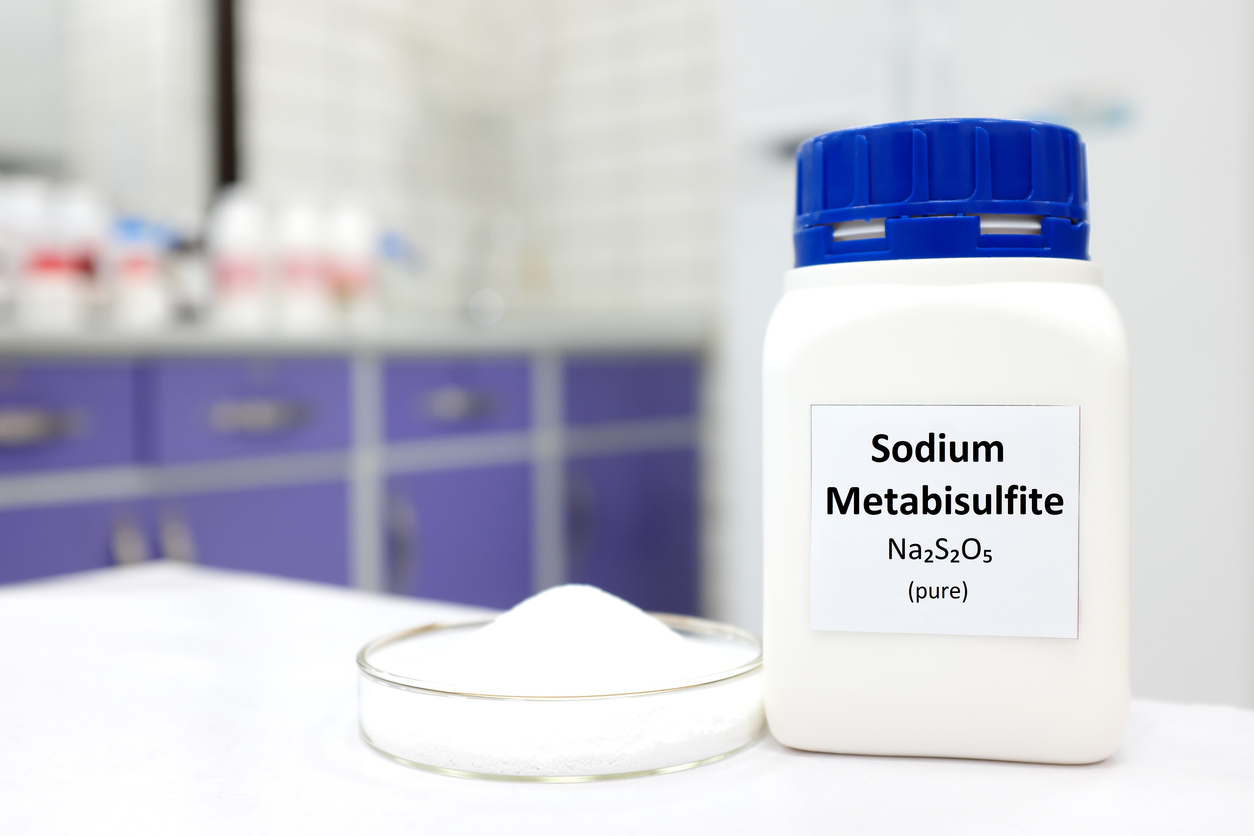Trump Tariffs and Ghana: Understanding the Indirect Impact on West Africa’s Economy
When former U.S. President Donald Trump launched a wave of tariffs as part of his administration’s “America First” trade policy, the global economic ripple was felt far beyond Washington and Beijing. While Ghana was not directly targeted by these tariffs, the indirect impact on its economy, trade, and investment landscape remains significant.
This article explores how the Trump tariffs affected Ghana through global market disruptions, commodity price fluctuations, and shifting trade dynamics.
🔍 What Were the Trump Tariffs?
Between 2018 and 2020, the Trump administration imposed tariffs on hundreds of billions of dollars’ worth of imports—particularly from China, the European Union, Canada, and Mexico. These included:
- Steel and aluminum tariffs
- Tariffs on electronics, machinery, and consumer goods
- Agricultural product tariffs
- Tariff retaliation from targeted countries
Although Ghana was not directly sanctioned, the globalised nature of trade meant it felt the downstream consequences.
🌍 How Did the Tariffs Impact Ghana?
1. Commodity Price Volatility
Ghana’s economy relies heavily on exports of cocoa, gold, and crude oil. Global trade disruptions caused by tariffs led to slower global economic growth, which in turn reduced demand for key commodities.
- Cocoa prices dropped due to weaker demand in Europe and Asia.
- Oil prices became more volatile as global supply chains adjusted.
- Gold, often seen as a safe haven, saw increased demand—but also unpredictable price swings.
2. Investment Slowdown
Trade tensions created uncertainty in global markets, prompting foreign investors to adopt a wait-and-see approach. For Ghana, this meant:
- Delayed FDI in infrastructure, mining, and energy.
- Reduced capital flows into new manufacturing ventures targeting export markets.
3. Impact on Importers & Manufacturers
Although the tariffs were largely between the U.S. and China, the cost of imported goods—including machinery and industrial components used in Ghana—increased due to supply chain disruptions and global price adjustments.
Ghanaian businesses that rely on importing:
- Agricultural equipment
- Vehicle parts
- Electronics
- Steel or aluminium products
…faced higher costs and longer lead times.
4. Shifts in Trade Alliances
The Trump-era tariffs forced many global suppliers to diversify trade partnerships. This opened both risks and opportunities for Ghana:
- Risk: U.S. focus shifted from multilateral agreements to bilateral deals, sidelining smaller economies.
- Opportunity: Ghana could position itself as a trade partner for diverted supply chains—especially under the African Continental Free Trade Area (AfCFTA) framework.
🇬🇭 Ghana’s Response: Diversification and Diplomacy
Ghana’s long-term resilience depends on diversifying its economy, strengthening intra-African trade, and reducing dependence on any one global market.
Steps taken include:
- Increasing focus on value-added processing of cocoa and other commodities.
- Promoting local manufacturing to reduce import dependence.
- Leveraging AfCFTA to access broader African markets.
- Expanding non-traditional exports such as cashews, shea butter, and textiles.
🧭 What’s Next?
Although the Trump tariffs were specific to a particular administration and trade strategy, the disruptions they caused highlighted the need for global South economies like Ghana to build economic resilience through:
- Regional trade partnerships
- Improved supply chain infrastructure
- More robust agricultural and industrial policies
The Biden administration has adjusted some of these policies but many tariffs remain in place, continuing to influence trade flows and investment decisions worldwide.
💼 How Wigmore Trading Supports Ghana’s Trade Growth
At Wigmore Trading, we specialise in supporting Ghanaian and African businesses with:
- Import/export logistics
- Trade finance solutions
- Sourcing and distribution of machinery, raw materials, and commodities
- Market access guidance across Africa and globally
As the global trade environment evolves, we help businesses in Ghana navigate uncertainty with confidence and agility.
👉 Contact us today to explore strategic trade opportunities or mitigate supply chain risks.








Comments are closed.